Your mission is the gift. Really.
Nonprofit Marketing Blog
AUGUST 17, 2012
If donor gifts actually depress donations, does that mean that fundraising incentives like t-shirts, tote bags, and custom jerseys are not effective in getting participants to solicit gifts from their friends? They’ll help you, but they’ll resent you for it. What I am not is a neuromarketer, psychologist, or behavioral economist.




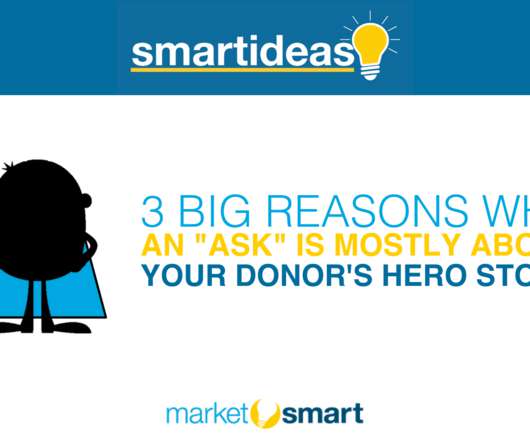
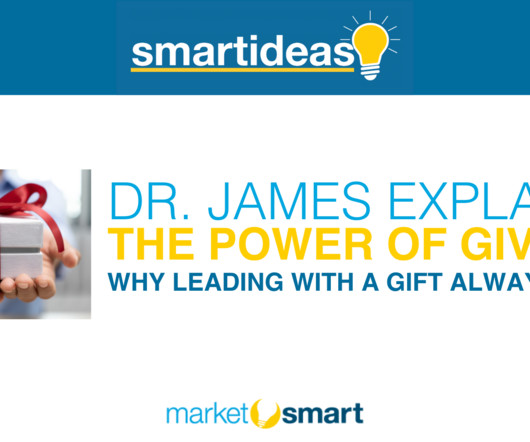
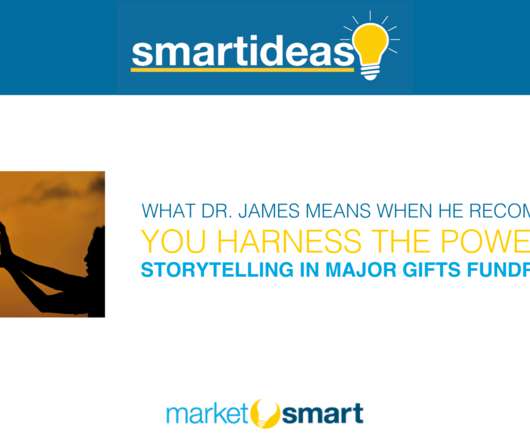
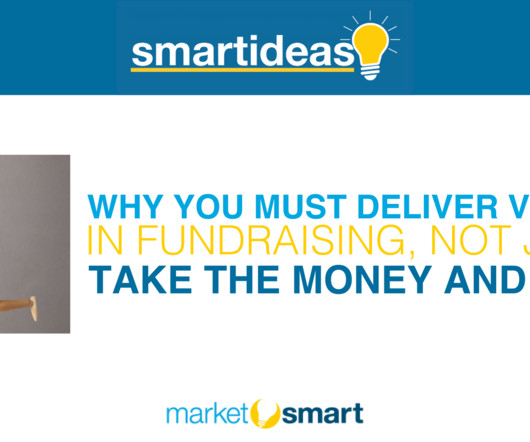
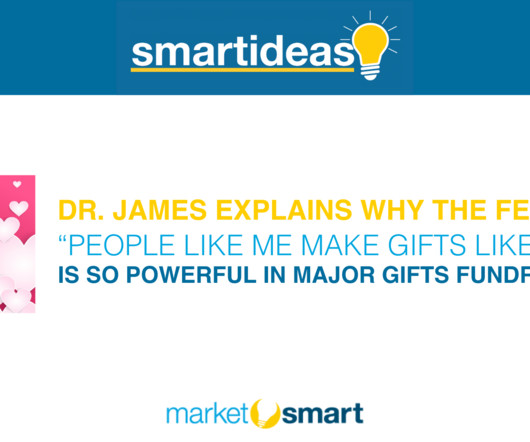
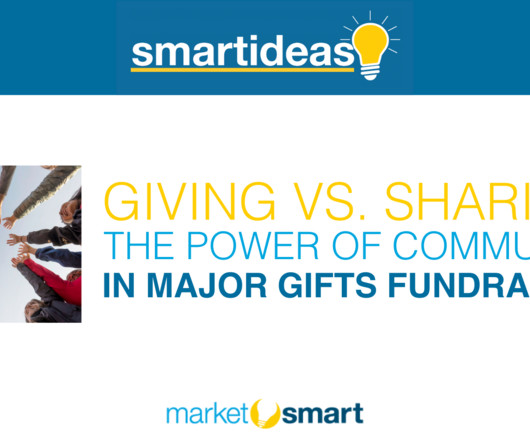
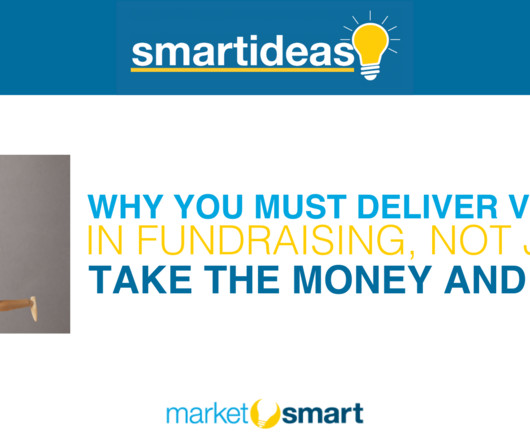
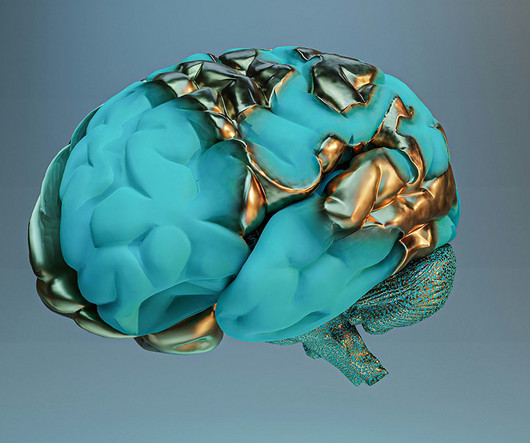
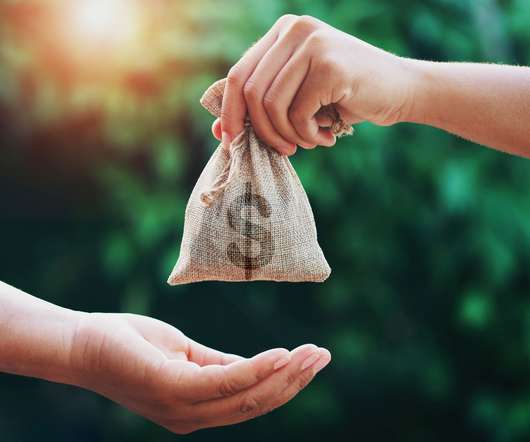






Let's personalize your content